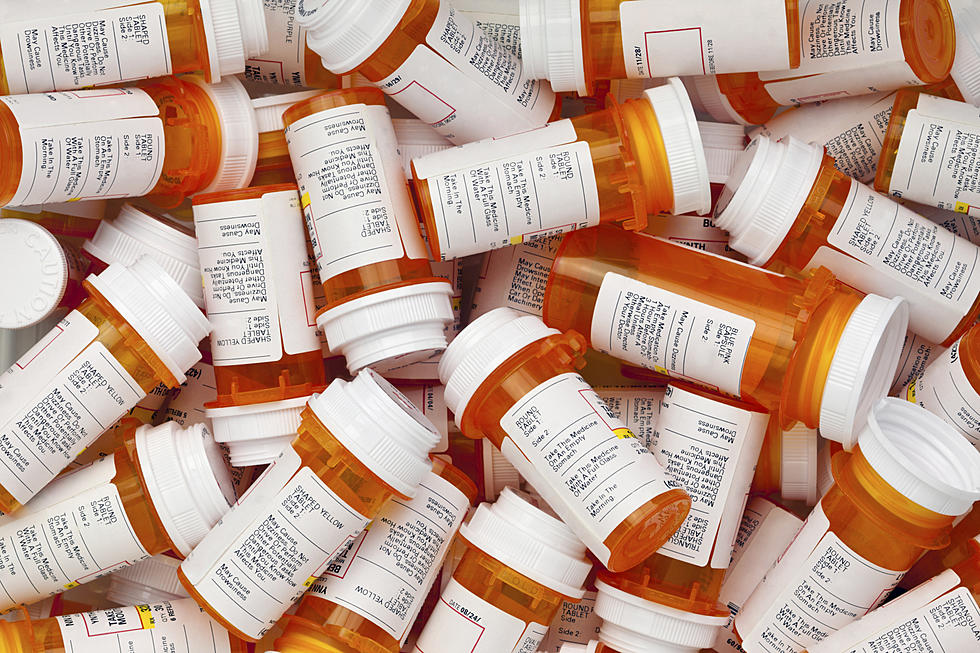
COVID-19 threatens NJ’s progress in fight against opioid abuse
New Jersey laws designed to tackle the opioid epidemic seem to have put a dent in the problem over the past several months.
But the current public health emergency caused by the novel coronavirus is likely to test New Jersey's true strength in its fight against substance abuse.
A series of reports from the Rutgers Center for State Health Policy picked up on a significant drop in opioid prescriptions in 2018, along with an uptick in prescriptions for treatment of opioid abuse, compared to years prior.
The reports aim to evaluate legislation signed into law in 2017 by then-Gov. Chris Christie that mandated, among other things, initial opioid prescriptions provide no more than a five-day supply, and that loosened restrictions to remove barriers to evidence-based medication assisted treatment.
"The idea is to try to keep short-term management from turning into long-term opioid use," Stephen Crystal, senior investigator on the project, said of the laws. "It was basically a set of speed bumps designed to encourage more cautious prescribing of opioids."
From 2013 to 2016, opioid deaths had increased more than 66% in the Garden State.
“The last year or so they’ve been kind of flat, but at a level that we don’t want — at a level of about 3,000 per year,” Crystal said. “Based on these reports we are seeing some reduction in opioid prescribing, which in the long run should hopefully help us with reducing the overdose rate.”
Looking at publicly available outpatient Medicaid data, researchers saw opioid prescriptions and associated reimbursements reduced by nearly 50%, when comparing the years prior to 2017 and the second part of 2018. Over that same period, researchers saw increases in prescriptions and Medicaid spending for some forms of medication assisted treatment.
“These medications, like buprenorphine, are very effective in helping people towards recovery, helping to reduce their risks of overdoses, helping to manage cravings that would cause them to relapse,” Crystal said.
Reports also included findings from in-depth interviews with New Jersey doctors and advanced practice nurses. Researchers found many prescribers agreed with opioid limitations put forth by the law, and many had instituted similar measures on their own prior to 2017. Support for medication assisted treatment, however, was not found to be as widespread among prescribers. There was also less agreement when it came to issues related to long-term prescribing of opioids for chronic pain.
Crystal said the reports underscore the need for additional assistance from the federal government, for opioid use disorder and the COVID-19 pandemic.
“COVID has a particularly heavy impact on these people that are using drugs,” Crystal said.
Between January 1 and March 31, 2020, there were 789 suspected fatal overdoses throughout the state, compared to 657 in the same time frame last year. Morris County officials cite a 38% jump in overdoses when comparing the first 14 weeks of 2019 to the first 14 weeks of 2020.
“It’s possible that individuals struggling with addiction feel increased stress during this pandemic or, because of social distancing, lack direct contact with supportive friends and family who normally would check on their welfare,” said Morris County Sheriff James Gannon.

READ MORE: Here are 10 ways to help others who are struggling right now
More From 92.7 WOBM










